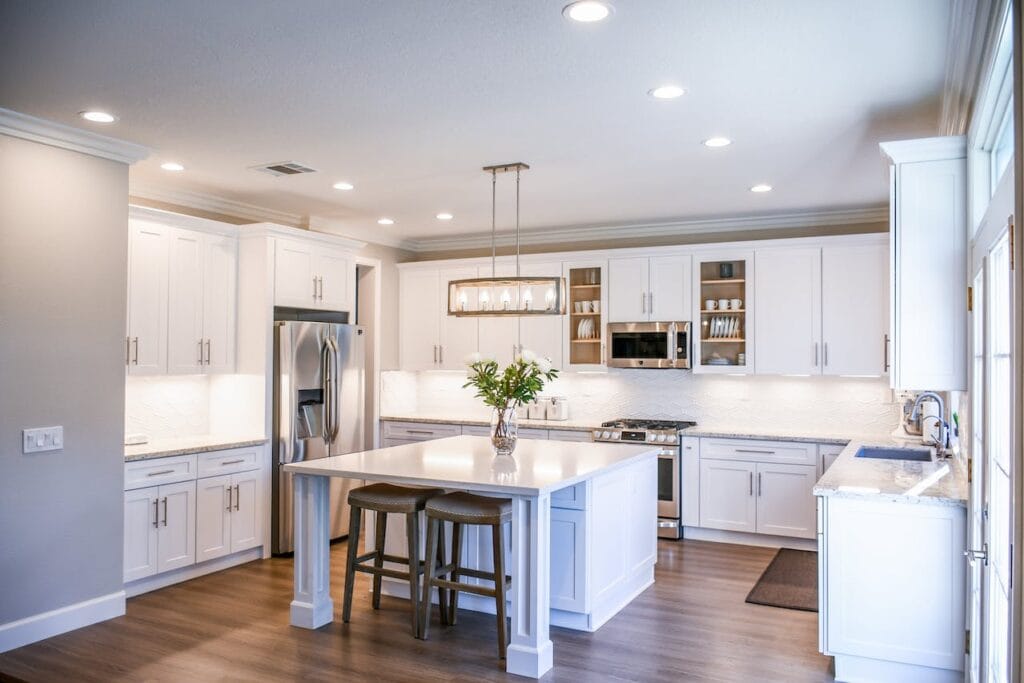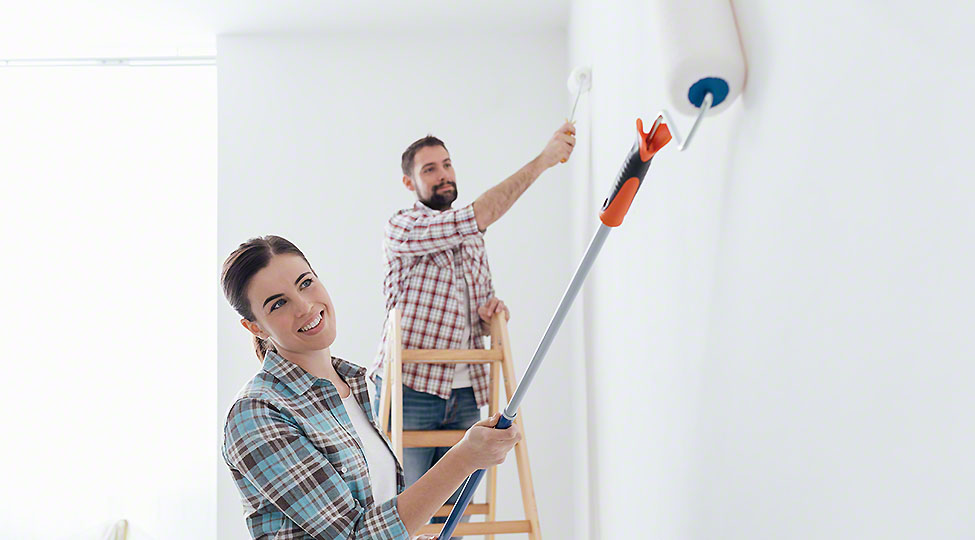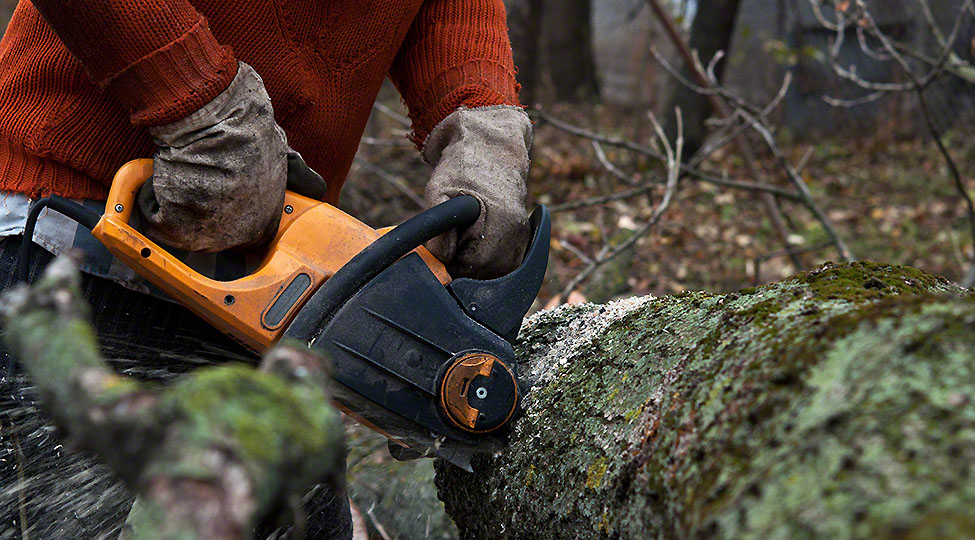In every home, the kitchen is a hub of activity. From refrigerators keeping food fresh to stoves helping craft delicious meals, kitchen appliances play a pivotal role in daily life. However, when one of these essential tools starts to malfunction, it might be tempting to take matters into one’s own hands. While there’s merit in a DIY approach for some minor issues, such as a refrigerator ice maker repair, it’s essential to move forward with caution.
Kitchen appliance repair precautions
Repairing kitchen appliances involves intricate mechanisms, electricity, and sometimes water, making it a task where safety should always come first. Below are some critical precautions everyone should consider before embarking on a repair journey.
- Unplug and Turn Off: Before starting any repair, always ensure the appliance is unplugged from the power source. This step might seem basic, but it’s the first line of defense against potential electric shocks. For gas appliances, turning off the gas supply is equally important.
- Understand the Problem: Before opening up the appliance, spend some time researching the issue. Having a clear understanding can save time and ensure the right problem is addressed.
- Use the Right Tools: Employing the proper tools for the job ensures safety and efficiency. Avoid using makeshift tools, as they can cause damage or even pose personal risks.
- Avoid Water: As most people know, water and electricity are a dangerous combination. If the appliance is near a water source, like a sink or dishwasher, make sure the area is dry before starting any repair. Additionally, if the repair requires water exposure, take extra precautions.
- Ventilation Matters: For any repair involving gas appliances, ensuring good ventilation in the space is crucial. This step prevents the build-up of harmful gases, which could lead to health issues or even explosions.
By the time the need arises for appliance repair Northern VA residents know that taking precautions is not an option, but a necessity. Engaging with local experts can often provide insights or even instructional workshops on safely handling minor repairs.
Repairing kitchen appliances can be fulfilling, especially when one can fix the problem without external help. However, it’s paramount to prioritize safety over saving a few dollars. By following the precautions mentioned above and knowing when to seek expert assistance, homeowners can ensure their appliances serve them well without compromising their well-being.
Know When to Call Professionals
Not every problem can or should be tackled alone. Recognizing when a repair is beyond one’s expertise is vital. In cases where the issue is complex or poses a significant risk, it’s always safer to consult or hire a professional technician. They possess the required knowledge, tools, and experience to handle the job safely and efficiently.
Troubleshoot Common Refrigerator Issues Before Repairing
Refrigerators are cornerstones of modern kitchens, diligently working around the clock to keep our foods fresh and drinks chilled. Despite their robust design, like all machines, they occasionally falter. The next time your refrigerator starts acting up, before rushing to call a technician, there are several troubleshooting steps that might help diagnose or even solve the issue at hand.
Refrigerator Not Cooling Properly
One of the most frequent complaints about refrigerators is the inability to maintain the desired temperature. There could be various reasons behind this. A seemingly obvious but often overlooked step is to check the thermostat. Sometimes, inadvertent nudges or curious kids can change the temperature settings. Resetting it to the recommended level might just be the quick fix you need.
Another potential culprit is the door seals. Over time, they can accumulate grime or suffer wear and tear. A weakened or dirty seal allows cold air to escape, making the refrigerator work harder to maintain its temperature. A simple wipe down with a damp cloth can sometimes restore its efficiency. If the seal appears damaged, consider replacing it.
At the back or bottom of most refrigerators, you’ll find the condenser coils. These coils dissipate heat from the refrigerator, but when they collect dust or dirt, they can’t release heat efficiently, leading to cooling problems. Cleaning these coils might improve the refrigerator’s cooling capabilities.
The Refrigerator is Too Noisy
When the hum of your refrigerator turns into a noticeable racket, it’s a cause for concern. Before jumping to conclusions, one initial step is to ensure that the unit is level. A refrigerator that isn’t level can cause vibrations leading to those excessive noises. Adjusting its feet or propping up a side might make a world of difference.
Another strategy is to try and pinpoint the source of the noise. Is it coming from the back, from the bottom, or somewhere from within? By locating the source, you might be able to discern whether it’s a fan, compressor, or some other component causing the disturbance.
Water Leaking on the Floor
Finding a puddle of water near your refrigerator is unsettling. One common reason for this is a blocked defrost drain. Over time, this drain can become clogged with food particles or chunks of ice. Clearing out any obstructions might stop the leakage.
Another often overlooked component is the drip pan, which is designed to collect condensation from the refrigerator. If the drip pan becomes damaged or misaligned, it might result in leaks. Checking its condition and positioning it correctly could resolve the issue.
Ice Maker Not Working
A refrigerator’s ice maker is a boon during hot summers, but what if it stops producing ice? A primary step is to check the water supply. If the line is turned off or obstructed, the ice maker can’t function. Another aspect to inspect is the freezer’s temperature. If it’s not cold enough, the ice maker won’t operate. Adjusting the freezer’s thermostat might get it back into action.
Fridge Light Not Turning On
It might seem like a minor inconvenience, but when the fridge light doesn’t turn on, it can be bothersome. The immediate and most straightforward solution is to replace the bulb. If a new bulb doesn’t solve the problem, it might be worth examining the door switch. A faulty door switch might not trigger the light, and replacing it can solve the issue.
Conclusion
While the modern refrigerator is a marvel of convenience and efficiency, occasional hiccups are to be expected. Understanding how to troubleshoot these common issues empowers homeowners to take charge and potentially save on unnecessary repair costs. However, when in doubt or when faced with a problem beyond one’s understanding, seeking the assistance of professionals is advisable. Those residing in the vicinity can consider reaching out to a trusted commercial appliance repair Springfield service for expert insights and solutions.



